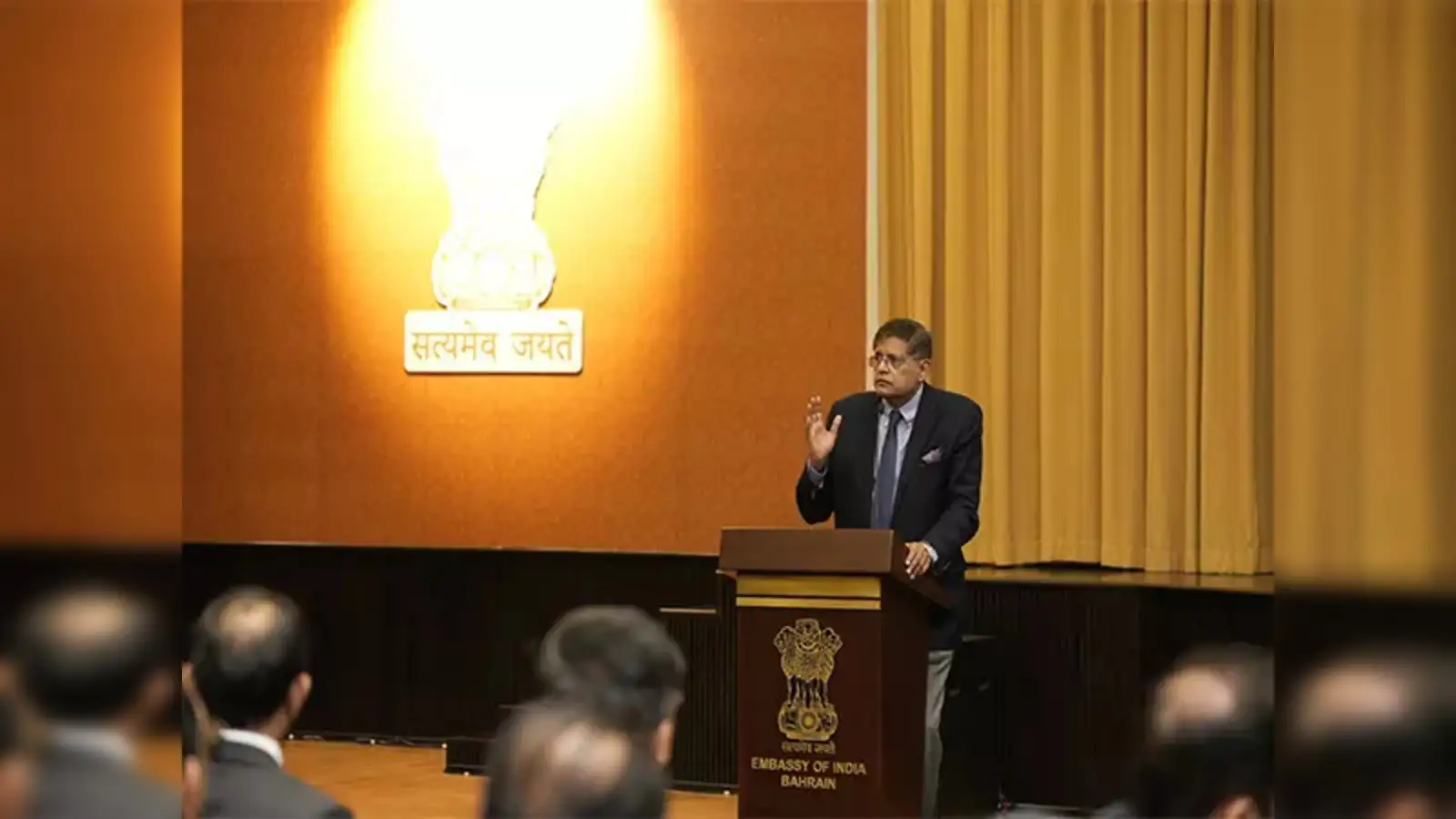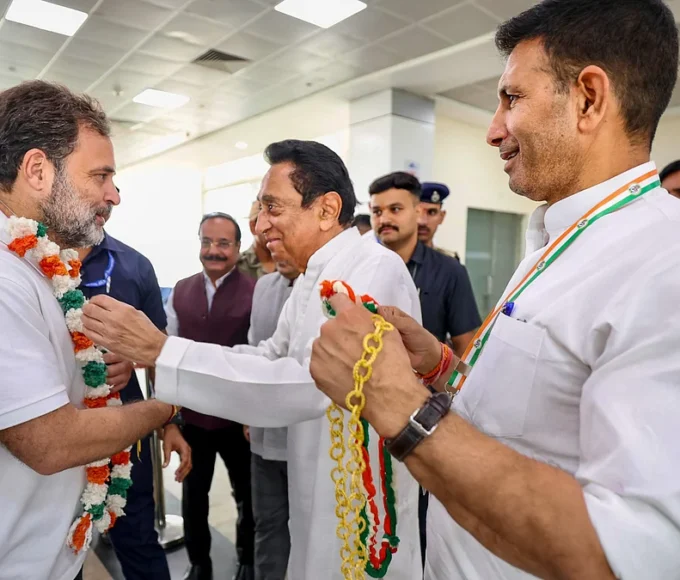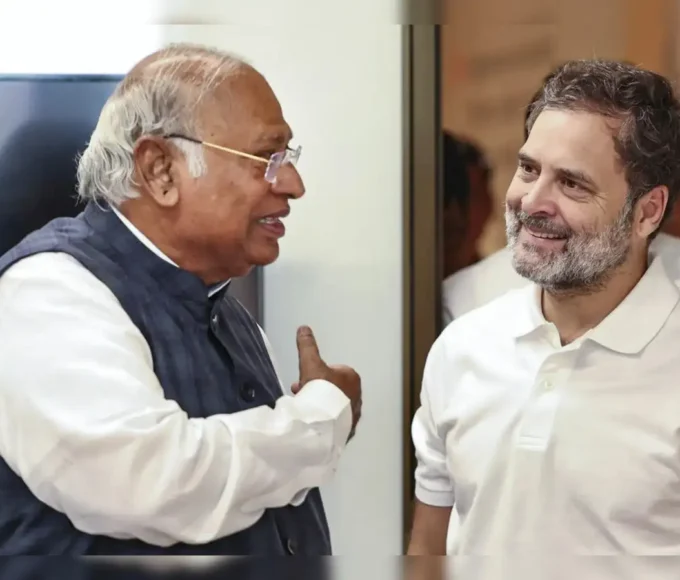All-Party Delegation in Kuwait: India’s Strong Anti-Terror Message

Introduction
In a significant move to project a united national stance against terrorism, India dispatched an all-party parliamentary delegation to Kuwait. This initiative is part of a broader diplomatic outreach aimed at reinforcing India’s zero-tolerance policy towards terrorism and seeking collaborative efforts with international partners.
Composition and Objectives of the Delegation
The delegation comprises members from various political parties, reflecting India’s internal political consensus on the issue of terrorism. Notably, the delegation includes representatives from the Bharatiya Janata Party (BJP), Trinamool Congress, Indian Union Muslim League (IUML), and others. Each delegation is structured to ensure inclusivity, featuring at least one minority and one woman parliamentarian .
The primary objectives of the delegation are:
- To communicate India’s firm stance against all forms of terrorism, including cross-border terrorism.
- To seek international support and cooperation in dismantling terror infrastructure and financing networks.
- To enhance bilateral relations with Kuwait, focusing on security, defense, and counter-terrorism collaboration.
Key Meetings and Discussions
During the visit, the Indian delegation engaged in high-level discussions with Kuwaiti officials. Both sides unequivocally condemned terrorism in all its forms and manifestations, including cross-border terrorism. They emphasized the need to disrupt terror financing networks and dismantle safe havens for terrorists .
The discussions also covered:
- Enhancing cooperation in cybersecurity to prevent the use of cyberspace for terrorism and radicalization.
- Strengthening collaboration in law enforcement, anti-money laundering, and combating transnational crimes.
- Exploring avenues for joint military exercises, training of defense personnel, and cooperation in defense technology .
Broader Diplomatic Outreach
The delegation’s visit to Kuwait is part of a larger diplomatic campaign involving seven all-party teams visiting 30 countries. This global outreach aims to project India’s unified position on combating terrorism and to seek international cooperation in this crucial fight .
Other delegations have visited countries like the United Arab Emirates and Bahrain, engaging in similar discussions to garner support against terrorism and to highlight India’s concerns regarding cross-border terror threats .
Political Dynamics and Participation
While the initiative has seen participation from a broad spectrum of political parties, there have been instances of non-participation. The Jammu & Kashmir National Conference (NC), for example, chose not to participate in the delegations, citing various reasons . Despite such instances, the overall participation reflects a significant level of political consensus on the issue of terrorism.
Strengthening India-Kuwait Relations
The delegation’s visit also served to bolster the strategic partnership between India and Kuwait. Both nations have expressed a commitment to enhancing cooperation in various sectors, including defense, cybersecurity, health, and trade. The discussions have paved the way for potential agreements on setting up Indian pharmaceutical manufacturing plants in Kuwait and strengthening collaboration in medical product regulation .
Recent Posts
Categories
- Actor4
- Actress7
- Assam1
- Bank4
- Bihar5
- Biography2
- Bollywood4
- Business11
- Company9
- Cricket7
- Economy24
- Education7
- Election3
- Entertainment71
- External Affairs Defence Security1
- Finance1
- Football2
- Haryana1
- Health2
- Hollywood2
- Home2
- India84
- India10
- Industry6
- Karnataka1
- Kerala1
- Latest News77
- lifestyle1
- Maharashtra10
- Market7
- Politicians13
- Politics29
- Press Release798
- Social8
- Sports29
- Tamil Nadu2
- Technology25
- Tollywood3
- World49
- World17
Related Articles
Aaditya Should Meet Raj If Sena (UBT) Serious: MNS Leader
Introduction In a significant development in Maharashtra’s political landscape, Maharashtra Navnirman Sena...
ByNewsium DeskJune 5, 2025Rahul Gandhi Visits MP, Meets Senior Congress Leaders
On June 3, 2025, Rahul Gandhi, Leader of the Opposition in the...
ByNewsium DeskJune 3, 2025BJP Slams Congress Over Missing Kharge Photo in Goa Poster
On May 30, 2025, during Goa’s Statehood Day celebrations, the Goa Congress...
ByNewsium DeskJune 2, 2025Punjab BJP Faces Heat, Deletes Operation Bluestar Tribute Post
Punjab BJP Deletes Tribute Post for Operation Bluestar Victims: A Political and...
ByNewsium DeskJune 2, 2025














Leave a comment